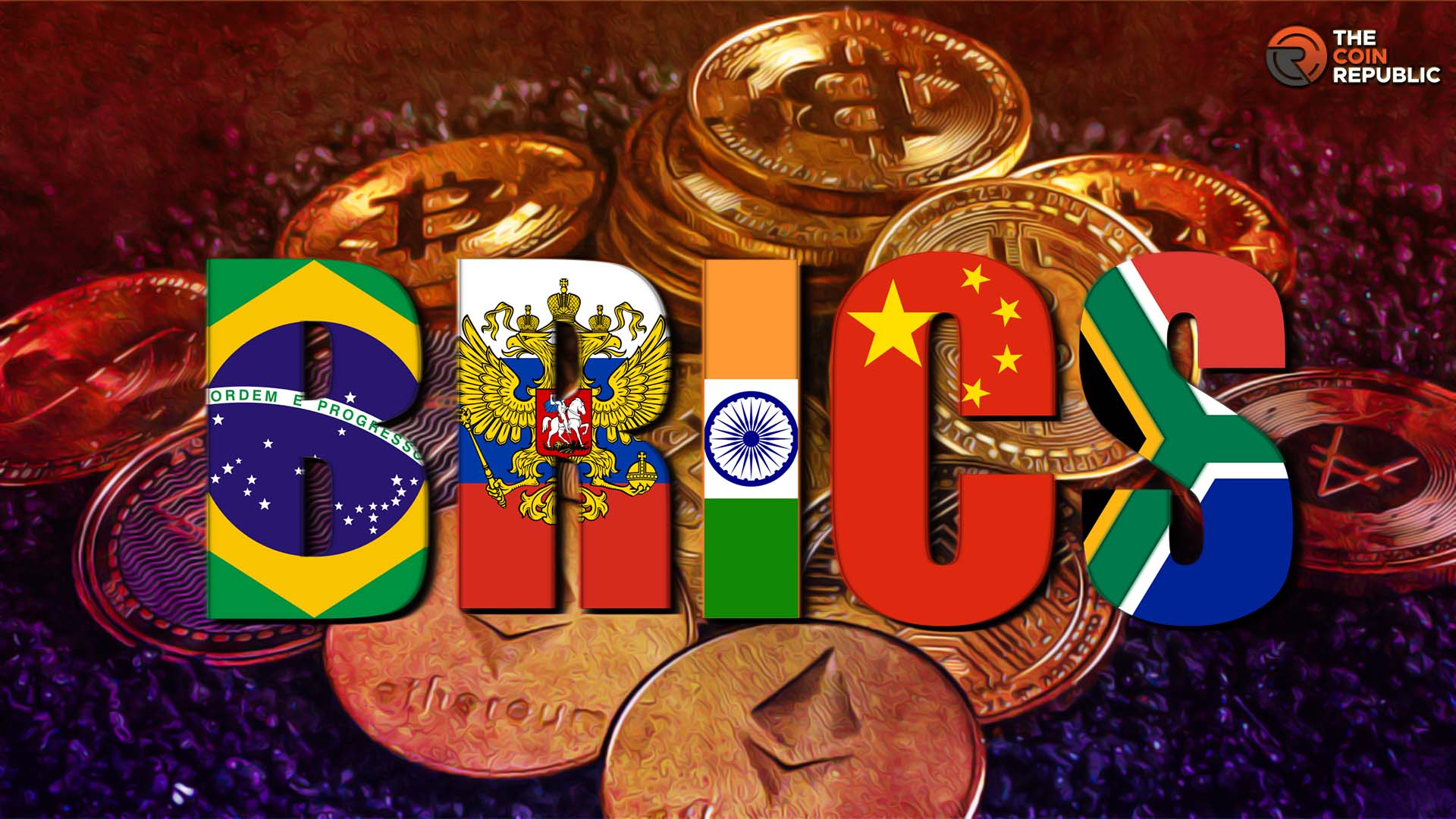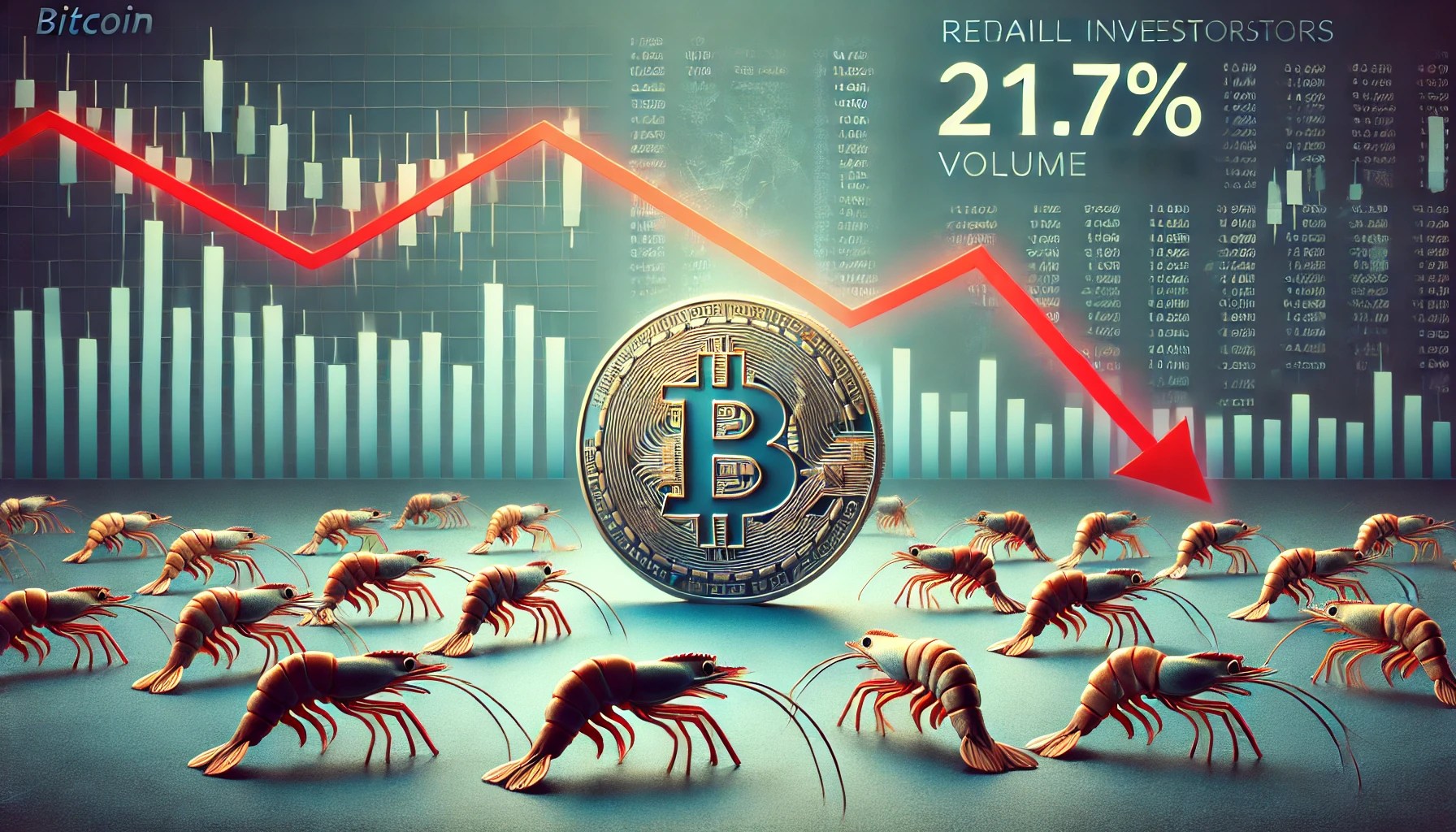What is BRICS?
The BRICS is an acronym for five regional economies: Brazil, Russia, India, China, and South Africa. This term was first used in 2001 by Jim O’Neill (a Goldman Sachs economist) to highlight investment opportunities. In 2011 the BRICS forum, an intergovernmental organization that focuses on fostering economic and political cooperation among the BRICS countries was formed.
Regulations of crypto assets in the BRICS countries
1). Brazil
In December 2022 the Brazilian president, Jair Bolsonaro approved the crypto regulation bill (but gave crypto service providers till June 2023 to adopt it). The bill recognizes crypto assets as a method of payment but does not regard it as a legal tender. Digital assets considered securities will be regulated by the Brazilian Securities and Exchange Commission (CVM). Virtual service providers must be licensed and fraud involving digital assets attracts a fine and four to eight years imprisonment.
2). Russia
In July 2022 the Russian president, Vladimir Putin approved regulation on digital asset transactions. Crypto transactions are legal but they cannot be offered as payment. Digital assets operators are to register with the Bank of Russia which has the authority to maintain registration information and supervise crypto operations. Crypto owners whose transactions exceed $7,757 in a year are to report their transactions and wallet balance to the tax authorities. Failure to do this attracts a fine, five years of forced labor, or 18 months to 5 years imprisonment. Investors must take an online test to assess their knowledge of the assets and associated risks.
3). India
There is no precise regulation on crypto assets by the Indian government. Investment is at the owner’s risk. In March 2023, the Finance Ministry included the crypto industry in the anti-money laundering rules. Crypto service providers are to perform user verification and other processes stated in the Prevention of money laundering act. Failure to adhere results in a $1,220 fine.
4). China
According to the circular issued by the People’s Bank of China and 5 other commissions in 2017, all transactions involving crypto assets are illegal. This includes the operations of crypto exchanges and financing from Initial Coin Offerings (ICO). Financial institutions are prohibited from aiding crypto transactions. Crypto service providers who are located outside of China but offering services to China residents are also illegal.
5). South Africa
Crypto assets are treated as financial products but not as legal tender. Meaning they can be bought and offered as payment but not used as official currencies as their adoption is not widespread. In October 2022, the South African government stated that crypto assets are subject to the Financial Sector Conduct Authority (FSCA) regulations. All crypto service providers must be authorized and licensed by the Financial Advisory and Intermediary Service Act (FAIS).
Crypto assets advertisements clearly state that investment may result in capital loss. Not all crypto transactions are taxed. The trade, exchange, or holding of crypto assets are not taxed, only transactions involving the disposal of crypto assets are taxable.
In the quest for common trade currencies, the BRICS countries are considering the development of a new digital currency backed by commodity assets like gold. This will provide stability for its value. The new digital currency will be reviewed at the next BRICS summit in August 2023.
Credit: Source link















































